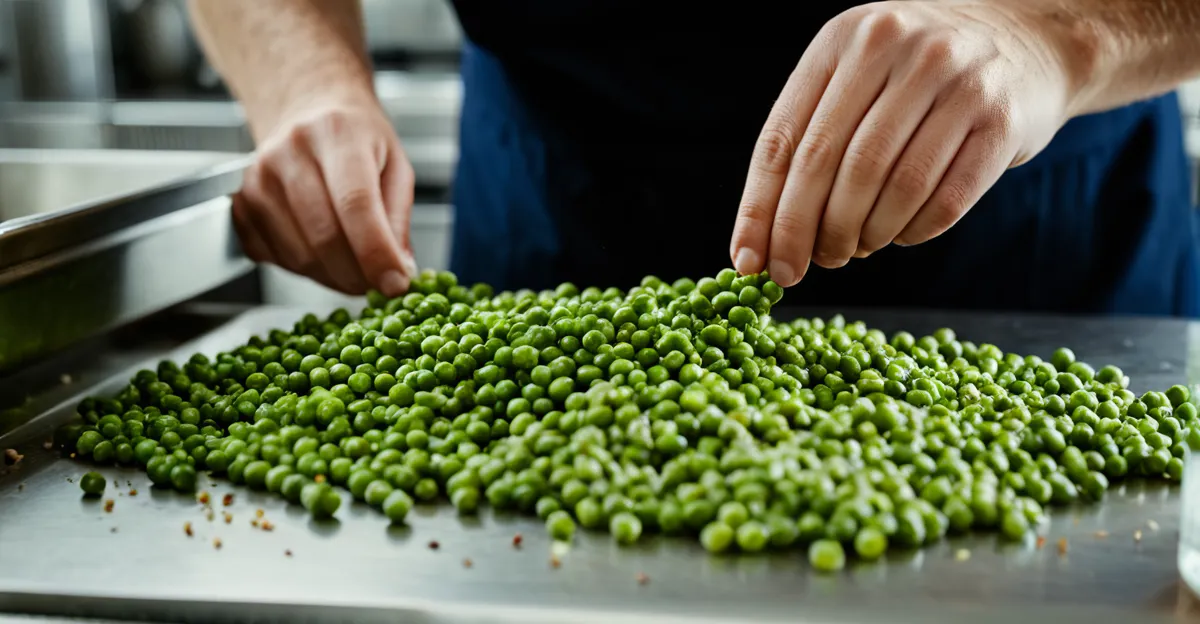Sustainability Challenges in the UK Kitchen Industry
Understanding the UK kitchen industry sustainability landscape reveals several pressing challenges. Environmental issues such as resource depletion and increasing waste generation heavily impact kitchen manufacturing and installation. A primary concern is materials sourcing—many kitchens rely on hardwood, plastics, and metals, which are resource-intensive and often unsustainably sourced. This creates tension between consumer demands for quality and the industry’s ability to deliver eco-friendly products.
Waste management represents another significant obstacle. The kitchen sector produces substantial waste, from packaging materials to discarded units during renovations. Efficient recycling and waste reduction remain inconsistent across the industry, leading to high landfill contributions.
Also read : What are the key features of a minimalist UK kitchen design?
The carbon footprint generated during production, transportation, and installation processes further complicates sustainability efforts. Energy consumption and reliance on fossil fuels in manufacturing amplify environmental impacts, urging the industry to seek greener methods. These challenges underscore the need for coordinated strategies, combining innovation with regulatory support, to promote sustainable practices throughout the UK kitchen industry. Addressing these core issues is essential to transform this sector into one that aligns with the country’s broader climate goals.
Industry Initiatives and Innovations
The UK kitchen industry sustainability is gradually shifting through active adoption of eco-friendly kitchen solutions. Manufacturers increasingly prioritize green materials like bamboo, reclaimed wood, and recycled metals, which reduce reliance on virgin resources. These materials cut down environmental harm, addressing sourcing challenges faced by the industry. The integration of such products shows a clear response to the demand for better sustainability.
This might interest you : How is the concept of sustainability reshaping UK kitchen renovations?
Waste reduction initiatives complement material changes. Many companies implement structured waste management programmes during production to recycle offcuts and packaging, aiming to minimize landfill waste. For instance, “circular economy” approaches reuse materials within manufacturing, directly lowering waste volumes and improving resource efficiency.
Innovations in manufacturing processes also play a vital role. Technologies like precision cutting and computer-aided design minimize material excess and energy use. Additionally, some factories have switched to renewable energy sources, reducing the carbon footprint of kitchen production and installation. These innovations demonstrate an evolving industry effort to overcome longstanding sustainability challenges with practical, scalable solutions.
Regulatory Standards and Compliance
The UK kitchen industry sustainability depends heavily on adherence to evolving kitchen industry regulations designed to minimize environmental impact. These regulations align UK legislation with broader EU sustainability standards, encompassing material sourcing, waste management, and emissions controls. Compliance ensures manufacturers meet minimum requirements for reducing the carbon footprint and improving resource efficiency.
Key frameworks include regulations on the use of certified green materials and mandates for proper waste disposal and recycling during kitchen production and installation. For example, the UK mandates reporting on waste streams and encourages circular economy practices. Certifications like FSC for wood and ISO 14001 for environmental management help companies demonstrate compliance and commitment to sustainability.
Industry compliance practices involve regular audits, documentation, and third-party verification to uphold transparency. Manufacturers adopting these standards benefit from reduced legal risks and increased market credibility as consumer demand for eco-conscious products rises. However, navigating complex regulations remains a challenge, requiring ongoing industry education and support.
Understanding and complying with kitchen industry regulations is essential for businesses aiming to embed sustainability deeply into their operations and support national climate objectives.



